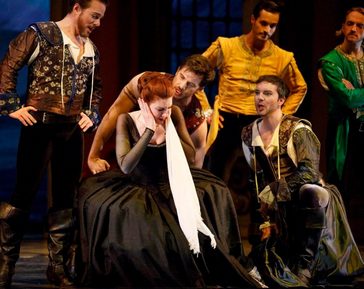 Penelope (Mireille Lebel) is beset with suitors in the Return of Ulysses.
Penelope (Mireille Lebel) is beset with suitors in the Return of Ulysses. One of these is Monteverdi’s Return of Ulysses, which returned to the Elgin Theatre this month, eleven years after it received its OA premiere. And while eleven years may seem like a long time to wait, it’s worth remembering that poor Penelope had to wait much longer for her Ulysses to return to her. That, of course, is the kernel of the story that composer Claudio Monteverdi and his librettist Giacomo Badoaro told in their opera of 1640: Ulysse’s struggles to find his way back to Ithaca from the Trojan War, and Penelope’s struggles to fend off an increasingly bold gang of suitors until he does.


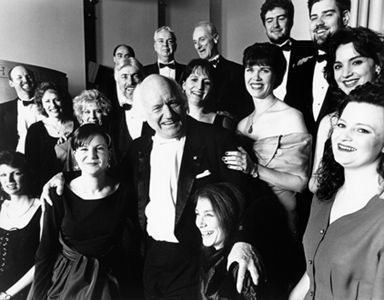

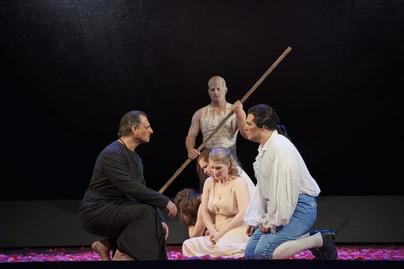

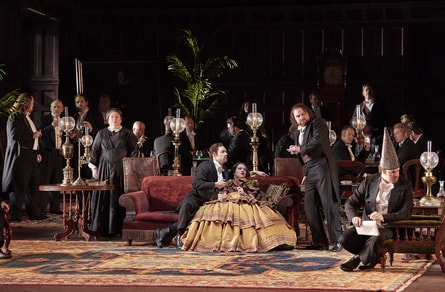
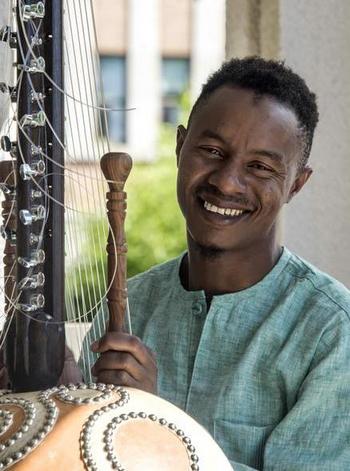
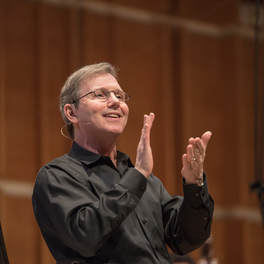
 RSS Feed
RSS Feed

